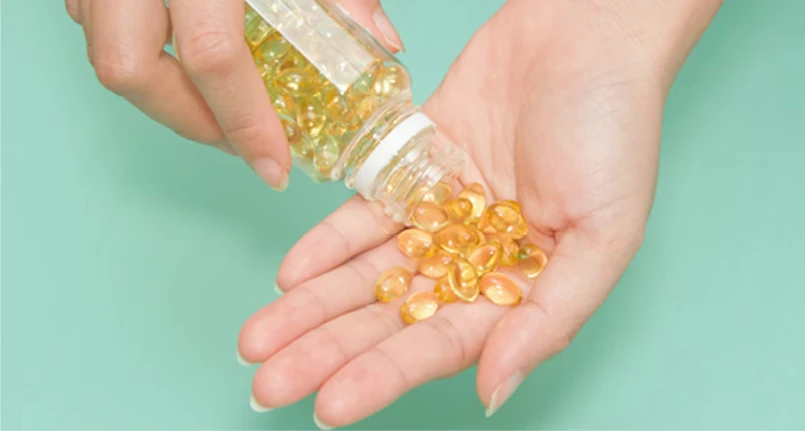Vitamin E is a very important element for the body because it is essential to guarantee the correct functioning of various organs and the fulfillment of as many vital processes.
Consequently, its deficiency or an insufficient quantity could lead to various health problems, more or less serious.
What causes vitamin E deficiency?
When a person shows too low levels of vitamin E there can be many causes. Sometimes the fault is to be attributed to an incorrect diet but in healthy people it is actually a rather rare event.
Much more often, however, this imbalance is due to certain genetic conditions or specific medical problems.
Particularly at risk are premature babies who weigh less than 1500 grams at birth and who, precisely because of the lack of vitamin E, can run the risk of developing retinal problems or infections.
People with fat malabsorption problems are also more likely to develop vitamin E deficiency than the average person.
As well as people with Crohn’s disease , cystic fibrosis or with problems secreting bile from the liver into the digestive tract , who often need water-soluble forms of vitamin E to compensate.
People with abetalipoproteinemia , a rare inherited disease that involves poor absorption of dietary fat , also require huge doses of supplemental vitamin E to avoid developing other problems such as retinal degeneration, muscle weakness , and poor transmission of nerve impulses.
Finally, ataxia is another rare hereditary disorder in which the alpha-tocopherol transfer protein at the base of vitamin E is defective or absent and this, if not taken appropriate supplements , can lead to permanent nerve damage , loss of of the ability to walk .
Properties of vitamin E
Vitamin E is a group of eight fat-soluble compounds which includes four tocopherols and four tocotrienols . The body absorbs it and stores it in adipose tissue and the liver. Its action interrupts the production of free radicals which are formed when fats undergo certain metabolic transformations.
This element is particularly beneficial for the body mainly thanks to its antioxidant, anti-inflammatory action , in the inhibition of platelet aggregation and in improving the immune system .
Several in vitro studies also claim that it would also help prevent or delay coronary artery disease because it is able to inhibit the oxidation of low-density lipoproteins , a process that is decisive in the development of atherosclerosis . Furthermore, this vitamin could also help prevent the formation of blood clots , responsible for heart attacks or venous thromboembolisms .
Finally, its antioxidant properties protect cell components from the damaging effects of free radicals which, if neglected, can contribute to the development of cancer .
Signs of a deficiency
To ascertain the lack of this element it is necessary to carry out specific tests but there are signals sent by the body which could constitute an alarm bell.
The first is muscle weakness , due to the fact that without adequate levels of vitamin E the muscles are unable to withstand oxidative stress .
Coordination problems could also indicate a vitamin E deficiency, as this deficiency can cause neurons in the brain to malfunction , essential for ensuring smooth movements and muscle control.
Also not to be underestimated are numbness and tingling in the limbs that can occur due to damage to the nerve fibers.
The immune system can also weaken , making the body more likely to contract viruses , infections and bacterial inflammation .
Finally, vision, and especially the ability to focus on objects, can also end up being impaired because vitamin E deficiency can cause the light receptors in the retina to become weaker.
The role of nutrition and supplements
The recommended doses of vitamin E for an adult are about 15 mg per day. This quantity can be reached through simple nutrition, but also helped by taking supplements, to be evaluated, however, only after consulting with your doctor since vitamin E supplements can interact with some types of drugs.
The foods richest in vitamin E are almonds , peanuts , walnuts , hazelnuts , sunflower seeds , fruits, grains , and vegetables , especially broccoli and spinach .
However , the vitamin content is reduced during cooking , especially if this takes place in the oven or by frying .
Risks related to an excess of vitamin E
Taking large amounts of vitamin E through food would not lead to any negative effects but exceeding with alpha-tocopherol-based supplements could cause bleeding and significantly alter blood clotting processes .
In particular, two clinical studies, one in Finland and one in the United States, found an increased risk of stroke in people taking alpha-tocopherol. However, they were carried out on a rather small number of participants and require further study.




